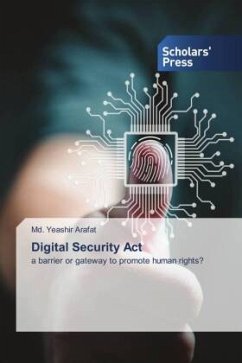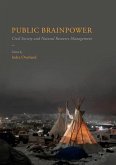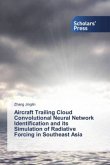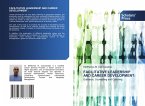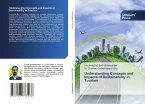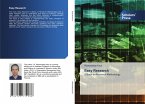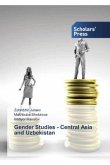The significance of the digital security act has grown as information and communication technologies (ICT) have become commonplace in many aspects of society. The regulation of the digital security act has changed the entire scenario of all sorts of print and digital media in the last four years. The digital security act has sparked numerous debates. This law was enacted to combat the spread of racism, sectarianism, extremism, terrorist propaganda, and hatred towards religious or ethnic minorities via social media, print media, or any other kind of electronic media. Any content on the internet or in other media that the government deems pornographic or otherwise objectionable could result in fines or prison sentences of varying durations. According to Article 19, the measure infringes on human rights and puts Bangladesh's freedom of expression at risk. The act imposes "serious limits on freedom of expression," according to Amnesty International. We investigated the true state of the Digital Security Act in Bangladesh in light of all of these favorable and negative responses.
Bitte wählen Sie Ihr Anliegen aus.
Rechnungen
Retourenschein anfordern
Bestellstatus
Storno

